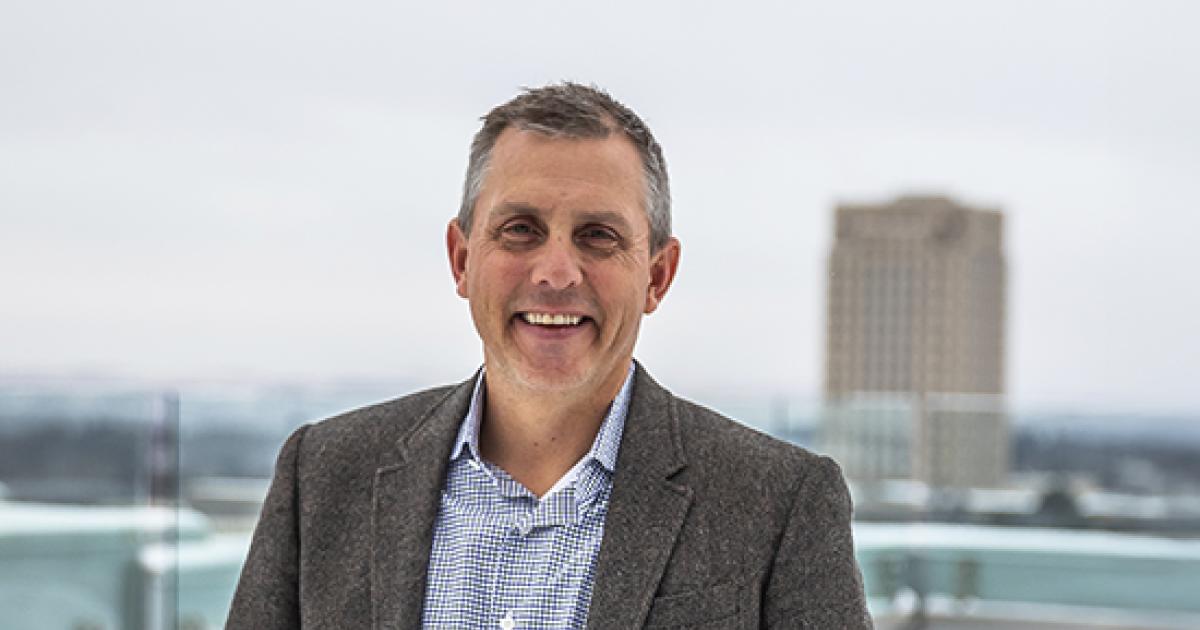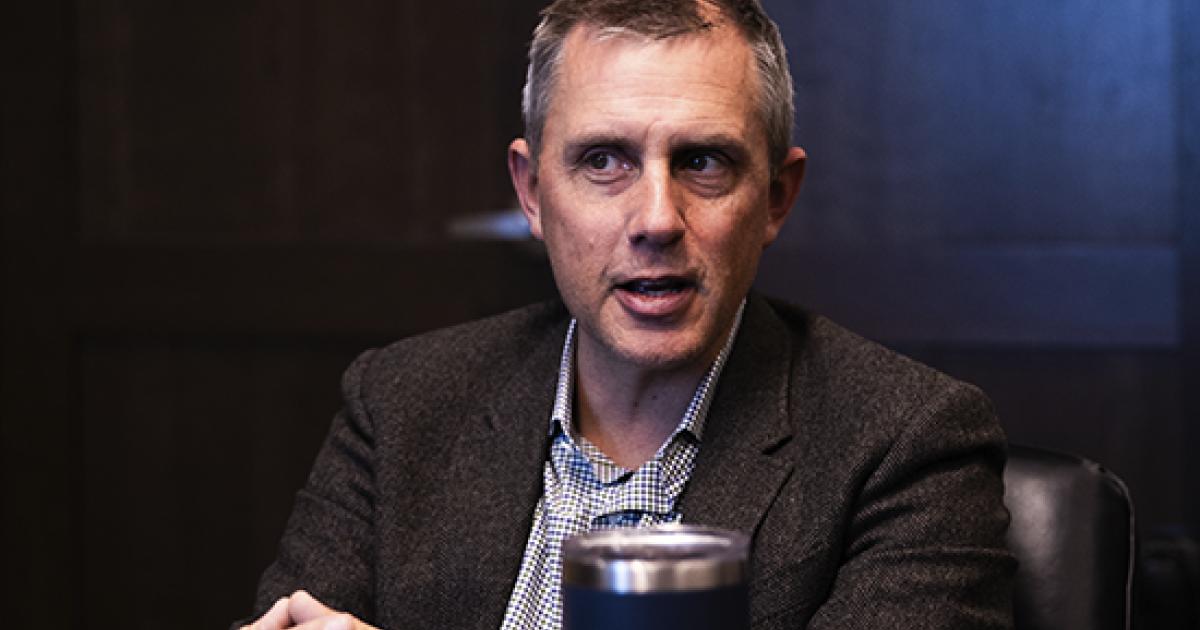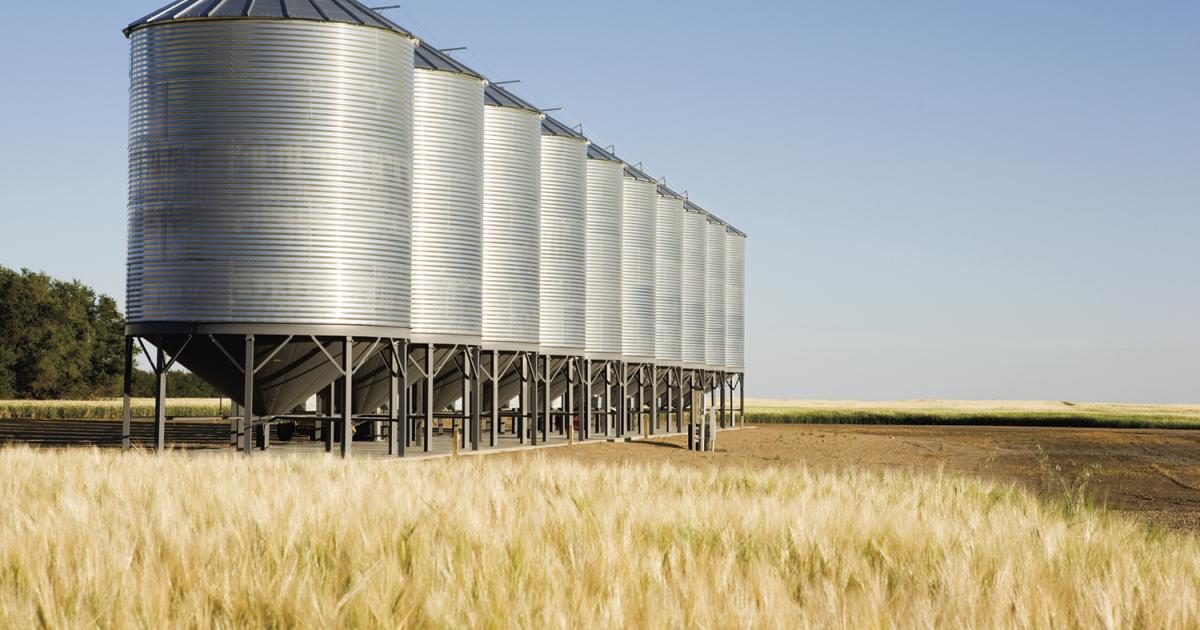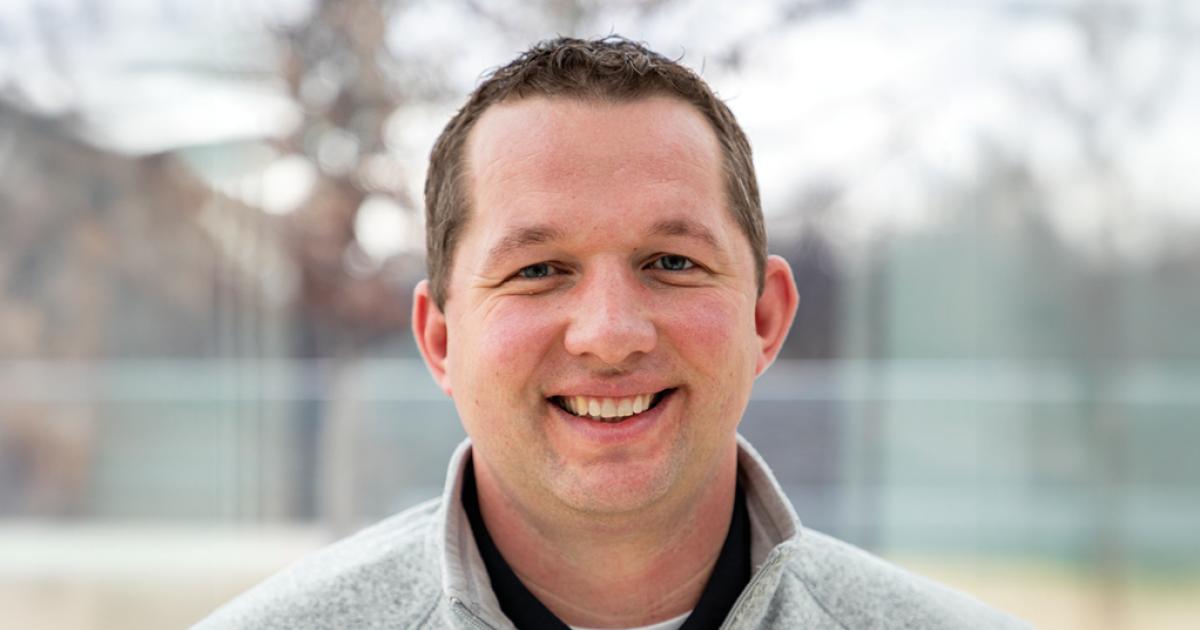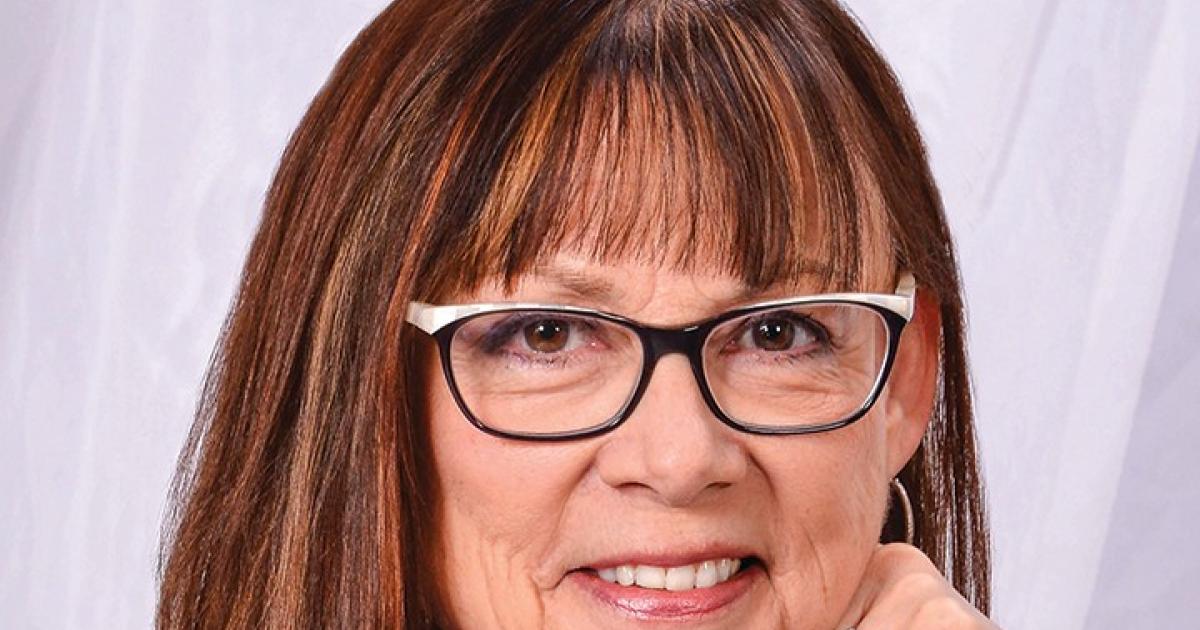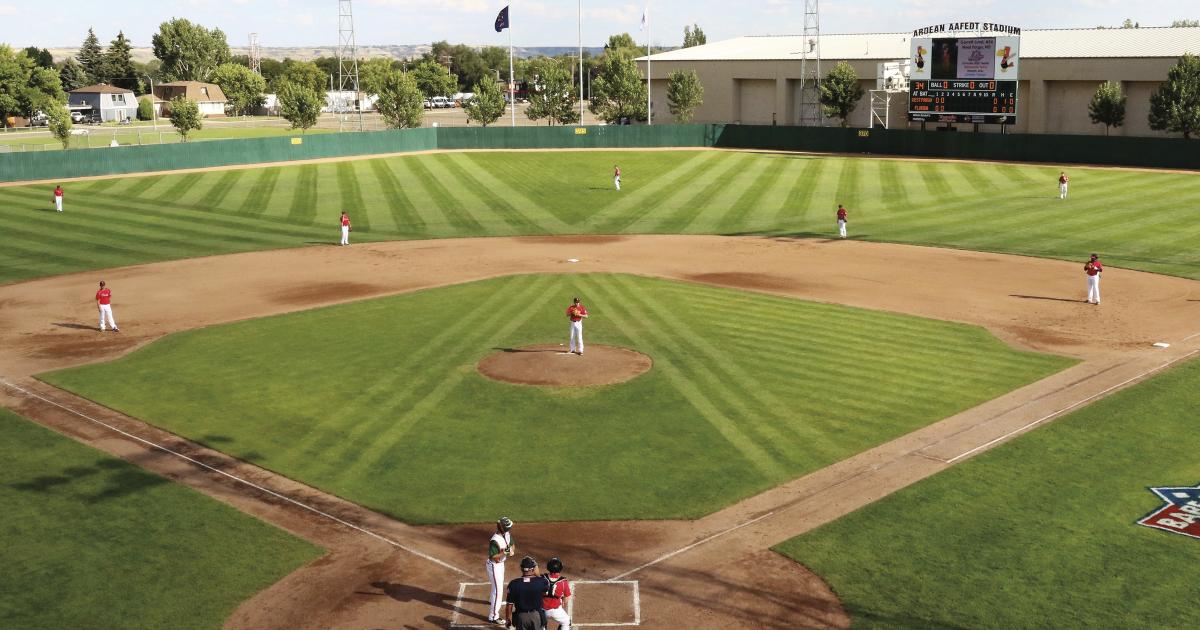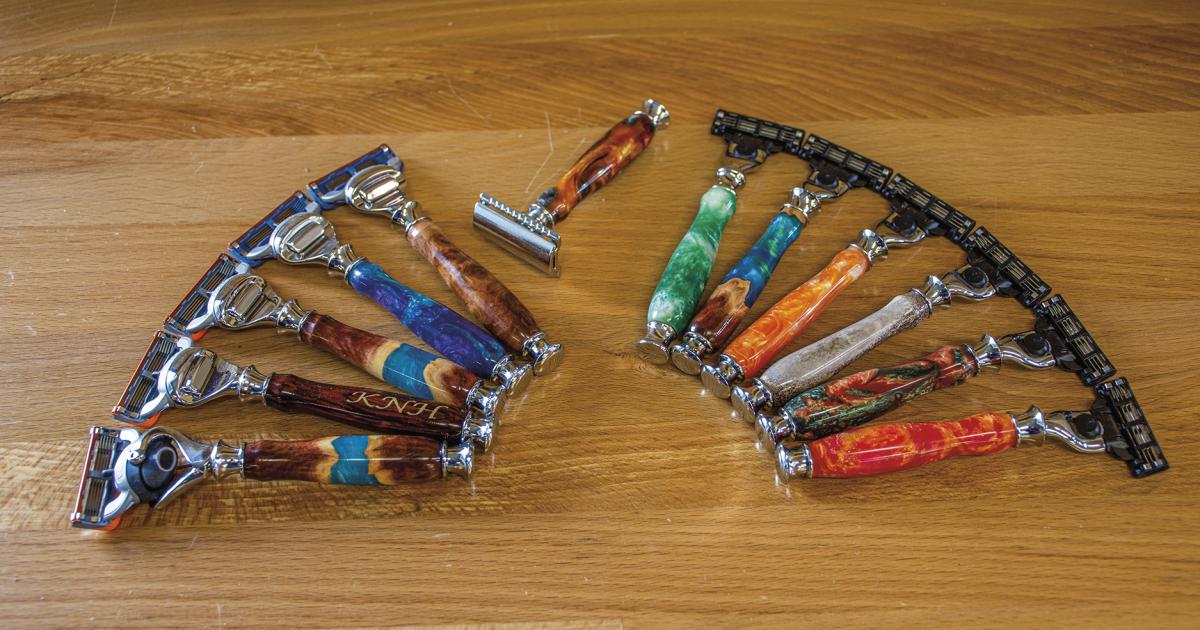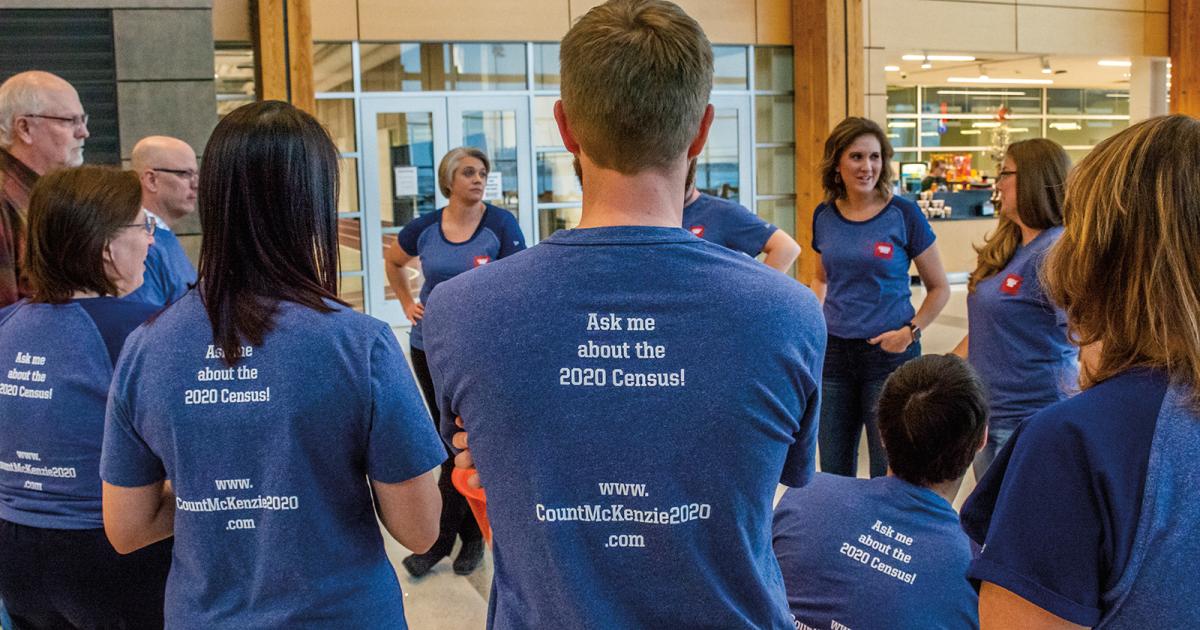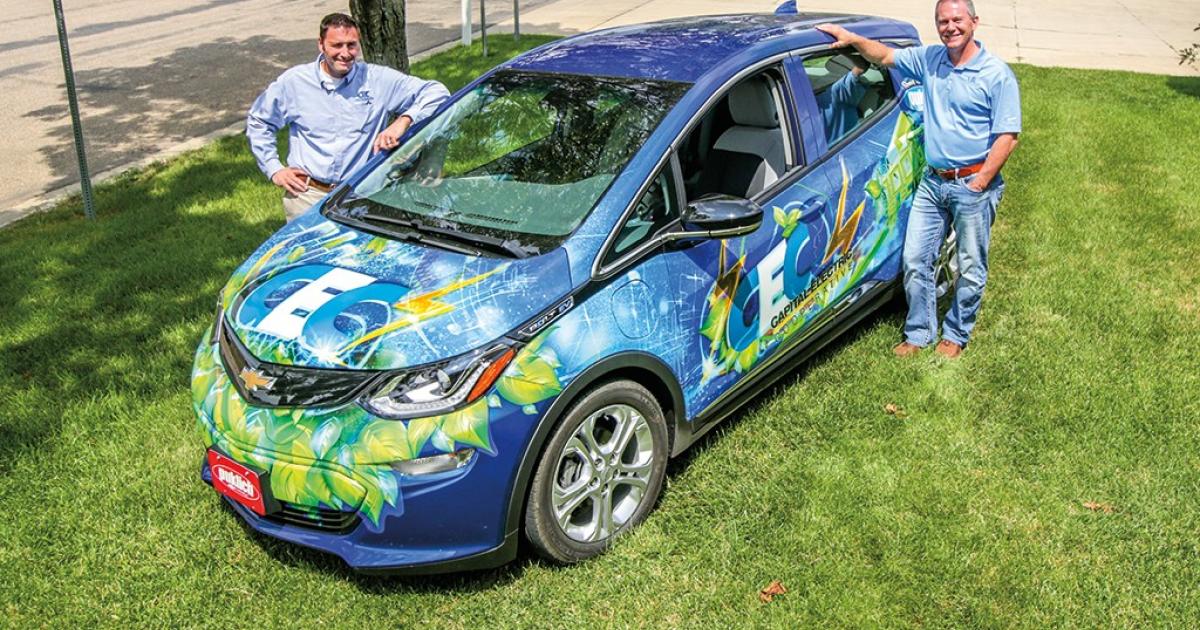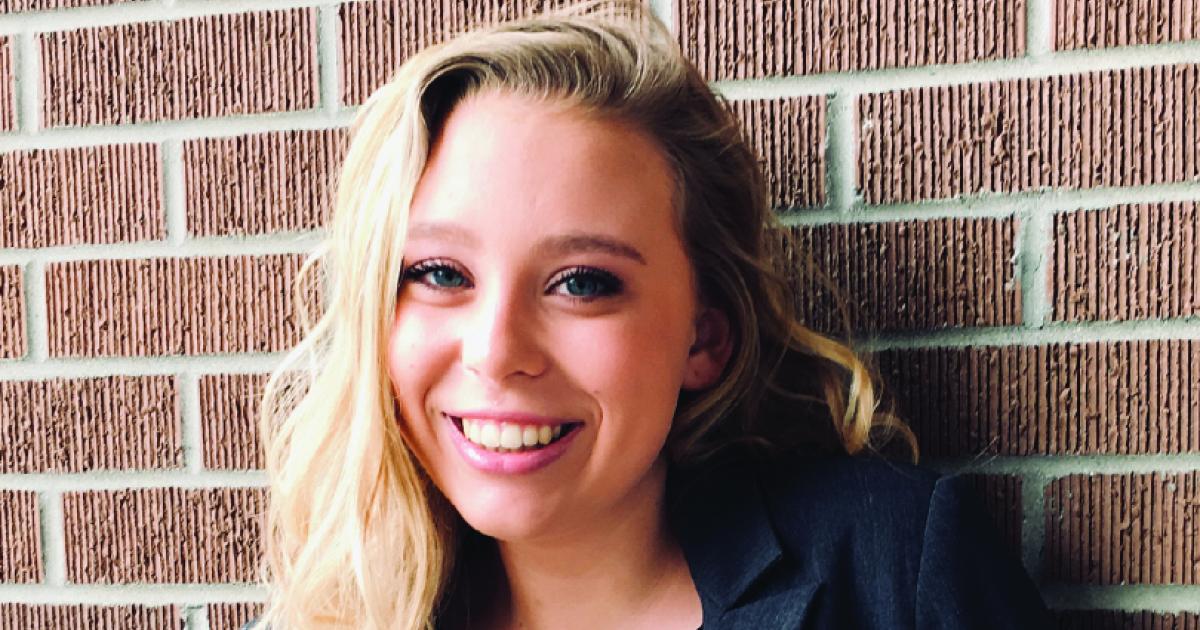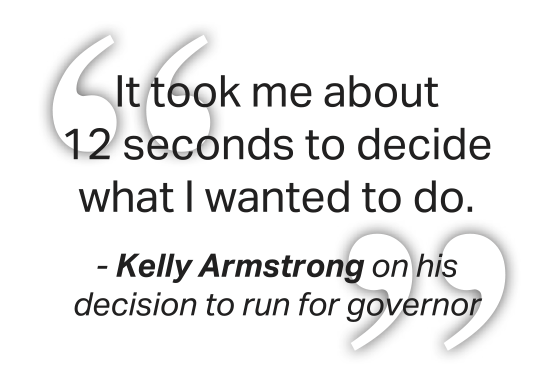 Energy.
Energy.
It’s Kelly Armstrong’s word of the year, and what he promises to bring to the North Dakota governor’s office.
“I bring a lot of energy, I think, to a lot of different things,” Armstrong says. “We’re going to make mistakes, but there’s going to be a Kelly-sized hole going through the wall when we do. I’ve never been reckless, but I’ve never been cautious.”
He also brings a plainspoken, smart confidence. Quick wit. A western North Dakota upbringing sharpened by perspective gained through six years in the state Senate and three terms in Congress. Plus, “an old street lawyer viewpoint,” as Armstrong describes.
Surely, it’s part of his appeal, and why more than 68% of North Dakota voters elected him governor in November.
Why did he want the job? And, why trade his no-term-limits job in the U.S. House of Representatives for at most eight years in the governor’s office?
“I thought I had the best job in politics, being the only voice for North Dakota in the U.S. House of Representatives. Turns out, it’s the second-best job in politics,” Armstrong says. “And when Gov. (Doug) Burgum decided not to run for a third term, it took me about 12 seconds to decide what I wanted to do. It took my family about 12 hours to decide what to do, and we jumped all-in.”
Whether in North Dakota or D.C., Armstrong says the issues are the same, but the battlefield is different.
“You’re dealing with energy. You’re dealing with ag. You’re dealing with a whole bunch of people that have never had dirt under their fingernails a day in their life, making decisions that make it a little tougher to run a family farm or to produce oil, natural gas, coal. We do a lot of things in North Dakota that are important to us, but we do a lot of things here that are really important to the country and important to the world. And instead of having a bunch of people in suits tell us how to do it, I wish they’d just say thank you,” he says. “And so, getting home and getting the opportunity to work on these issues, and getting to do it with the people I’ve grown to know and appreciate over the last 20 years, is really exciting to me.”
___
Cally Peterson is editor of North Dakota Living. She can be reached at cpeterson@ndarec.com.
SIT-DOWN WITH THE GOVERNOR
North Dakota Living Editor Cally Peterson caught Gov. Kelly Armstrong the day before Thanksgiving, knee-deep in his transition toward the governor’s office, to talk about issues facing North Dakotans and his priorities.
In the September issue of North Dakota Living, you said delivering meaningful property tax reform would be your No. 1 priority if elected. Is that still your No. 1 priority?
Yeah, it has to be. I mean, I know a lot of people who voted no on Measure 4 (the property tax elimination measure on the November 2024 general election ballot) that will not wait 12 years to vote for it again. We have to figure out a way to deliver meaningful reform in the one place most people are screaming for.
You were in the Legislature. Do you think it has delivered property tax reform?
They’ve never delivered reform. And I think they would tell you that. I would tell you, as somebody who served in the Legislature, we have done a lot of relief.
The Legislature pays down on average around 40% of the local share of property tax. The Legislature has been good about buying property taxes down, but not lowering property taxes.
Remember, some of the reasons property taxes go up are good reasons. We are the fastest-growing state. Most states are getting older. We’re getting younger. In 2010, the rest of the world is in a recession. North Dakota’s in a boom. And it’s not just Watford City and Williston and Dickinson. It’s West Fargo. It’s Fargo. It’s Grand Forks. When you have that growth, when communities go from 1,600 people to 16,000 people, your house isn’t worth $85,000 anymore. It’s worth $275,000.
That’s great for a community. That’s not great for a fixed income senior who’s now getting priced out of their home.
It doesn’t help when you have a billion-dollar surplus in your state budget and people feel like they’re getting taxed more and more. And so, there are political reasons for doing this. There are policy reasons for doing this. And more importantly, it’s the top-of-mind issue for everybody.
What are other key issues?
We have to start meaningfully talking about how we get gas out of the Bakken.
We have a lot of opportunities – data centers, AI (artificial intelligence), fertilizer, all these economic development things that have existed – and gas is incredibly valuable to just about everybody. But to our state budget, it's almost a waste product.
If we don't figure how to move gas, sooner or later oil companies are going to quit drilling, or they're going to shut down existing production.
We have come so far in mental health and addiction, compared to when my grandmother ran the North Dakota Mental Health Association. And eight years from now, I hope that is a huge success for us.
I think there’s creative ways in which we can expand on First Lady Kathryn Burgum’s “Recovery Reinvented.” They’ve done such a good job at the aspirational side of it. And I know, probably better than most, how it works in a county jail, how it works in a small community and what we need to do to deliver some of those resources, so you can save lives and change lives. That’s a pretty cool place to be in government.
You’ve said, “North Dakota doesn’t need fixing.” What can the rest of the country learn from North Dakota?
When a neighbor falls and breaks their leg, other neighbors come combine their field. When that kid in your community gets sick with cancer, you raise $50,000 at a spaghetti feed. That's what they can learn from North Dakota.
Does identity politics affect our ability to legislate or work together or craft policy?
Yeah, I think it does. How many stories have you seen in the last 24 hours about how to talk to your family about politics at Thanksgiving dinner? What a dumb conversation. I don’t know, maybe if you haven’t seen your sister in six months, give her a hug instead of being like, “you voted for Trump” or “you voted for Harris.”
Trump gets blamed for this, but that’s not really it.
Everything’s become binary because of (cellphones).
It used to be if you agreed with somebody eight out of 10 times, that was a coalition. Now, the two times you disagree are the most important issues, no matter what those two issues are, because that’s how people make their money on social media, by sowing conflict, sowing seeds of doubt.
I take a real approach to this, and I’ve done it for six years in D.C.
Twitter is not the real world. The vast majority of people who vote for me and I am here to serve do not spend six to eight to 10 hours a day on the blood sport that is the body politic.
They have kids and they’re going to hockey games. They’re trying to make a living. And they’re trying to sneak out and go shoot a limit of roosters or go catch a limit of walleyes. And they just want government to work.
You should fight about ideas and not fight with people.
Rural North Dakotans have seen their communities change. Less people, less services. Food deserts. Child care deserts. What’s your message to them?
One thing I’ve noticed (in rural communities) is you have that one anchor tenant business, you have access to power, you have access to water, and you have a community that is really promoting their community.
We can do everything we can from the governor’s office or the commerce department, but who attracts somebody into those communities? It’s the people of the community. If you want to go to a Broadway play, Elgin ain’t for you.
But if you want to go to burgers in the park on a Friday night, Elgin is for you.
Yeah. There are real ways to do some of that. I think the basics are making sure your class sizes are reasonable, retaining teachers and access to rural health care. We have to figure out what the models that work (in rural communities) look like.
We now have the Office of Legal Immigration. Talking about rural communities and workforce, will immigration be part of your agenda?
I’m a huge fan of legal immigration. I married an immigrant.
The biggest problem with immigration for North Dakota is the law hasn’t changed since I’ve been in Congress. Policies have changed on the border, but it’s harder for a family farmer to get an H-2A worker now than when I started in Congress, because the bureaucracy continues to make it harder and harder.
One of the things I’ve learned in D.C. that I knew existed, but didn’t know at a real granular level, is the competition between big business and small business. Big business can deal with more regulation.
If you are a large-scale agribusiness, you have an entire team of people dealing with H-2A labor. If you’re a family farmer in Carpio, the person dealing with your H-2A labor is cooking breakfast, doing the books, taking kids to school and dropping them off at basketball practice.
Where the Office of Legal Immigration can be helpful is navigating that stuff, so it doesn’t become so resource intensive for people.
When you look back on your first term as governor, what do you hope you’ll be proudest of?
We figured out the new challenges. Like, how do we get affordable housing? How do we allow communities to grow? How do we convince people to stay here, and how do we get people to come here? I can’t do anything about the winter, but I think we have tremendous opportunities here.


